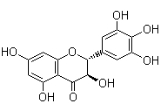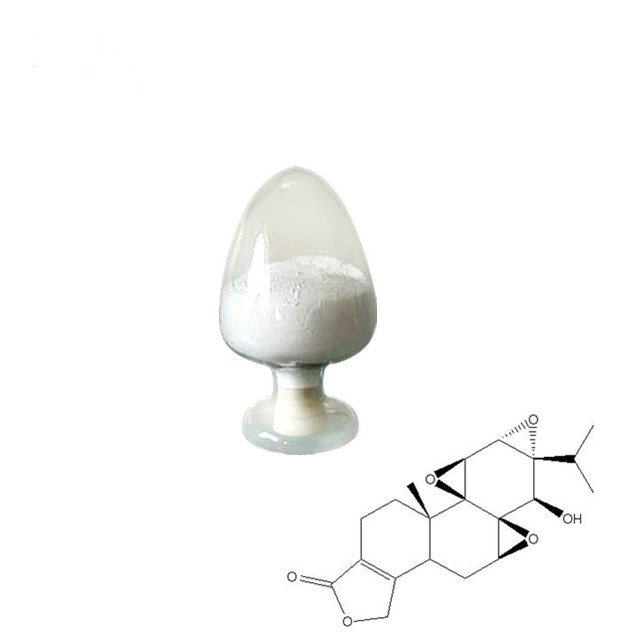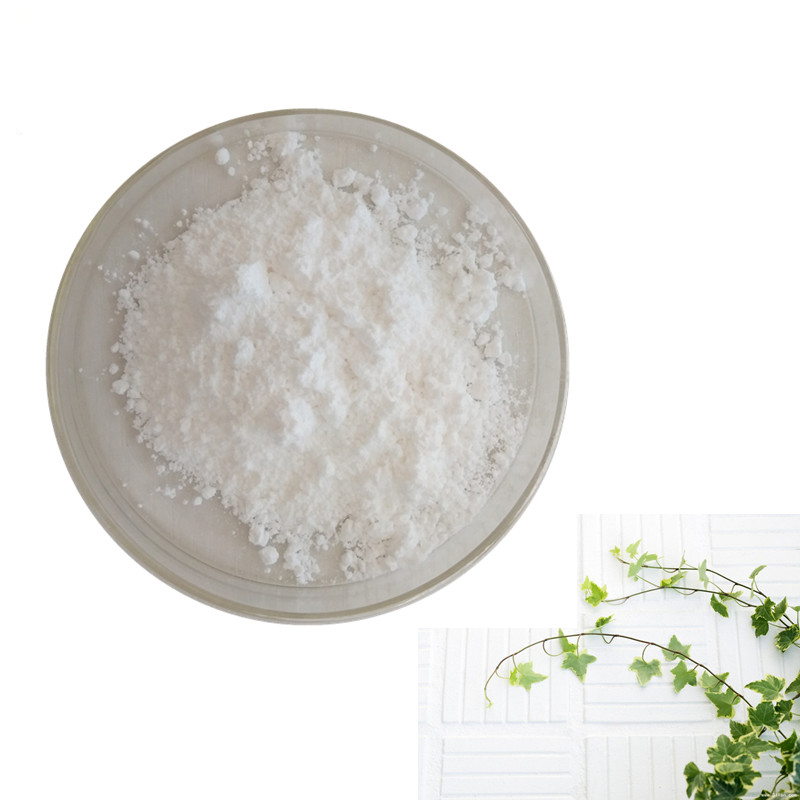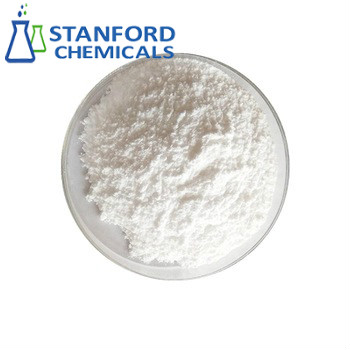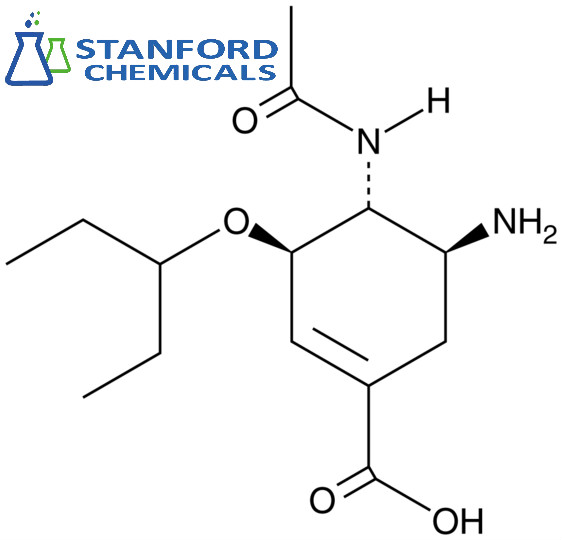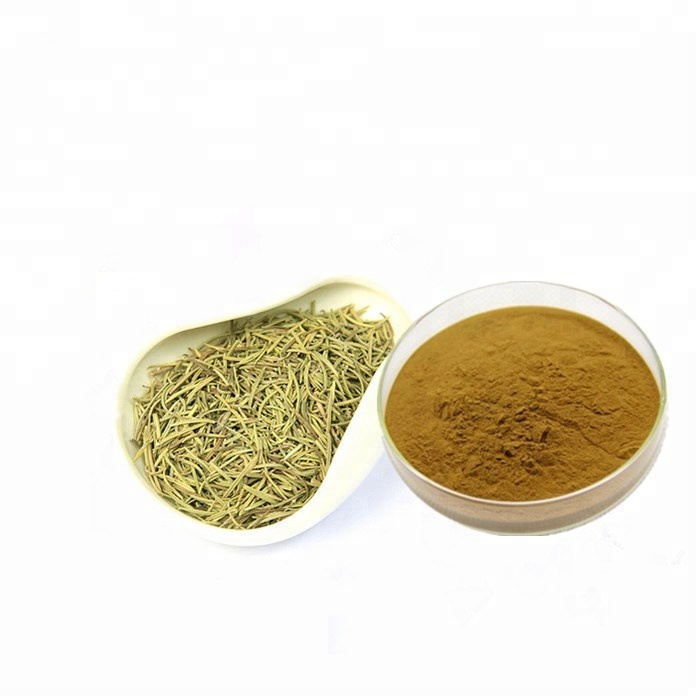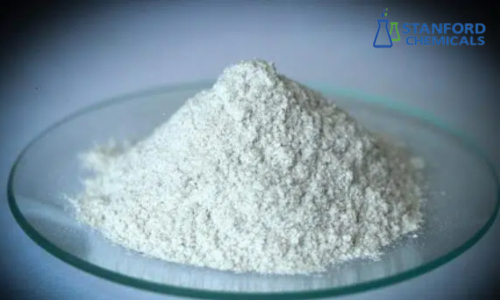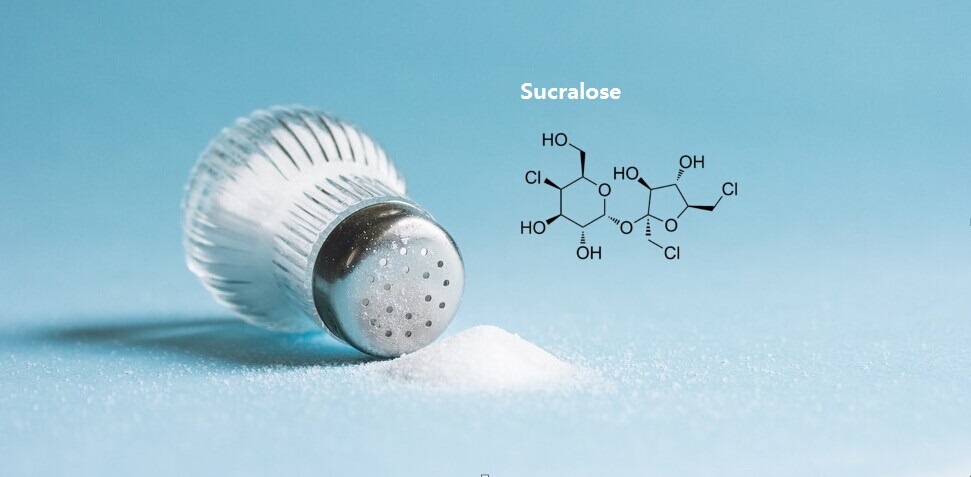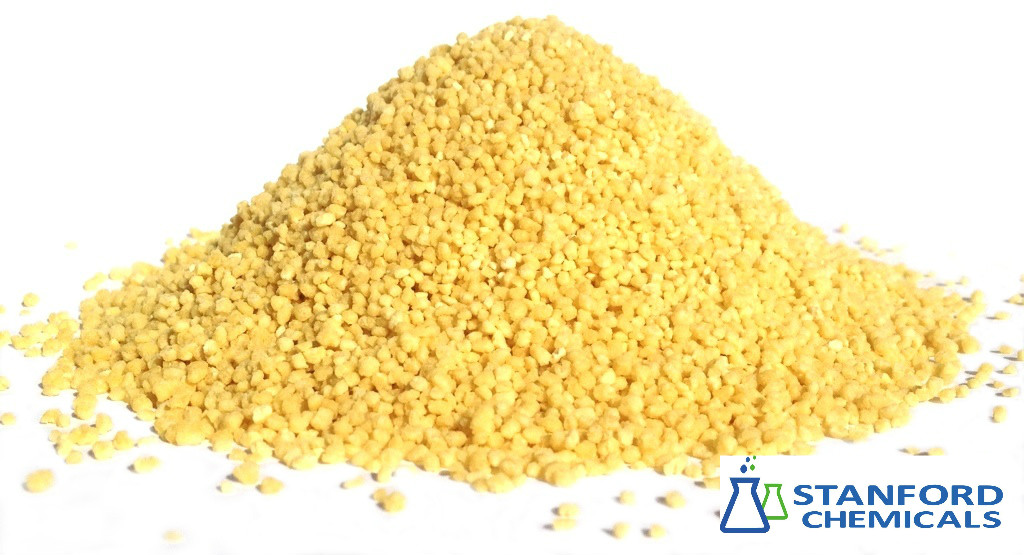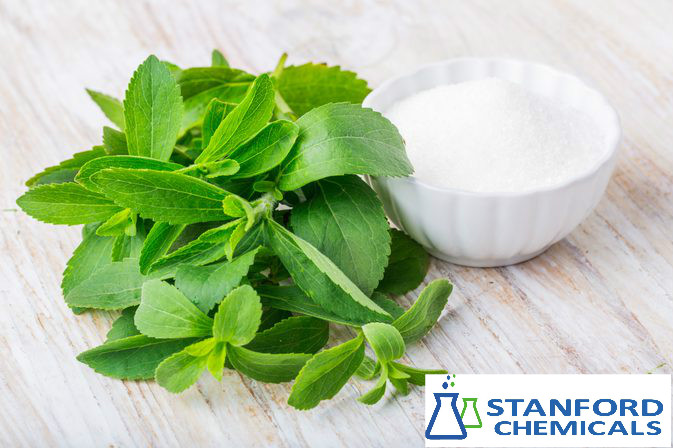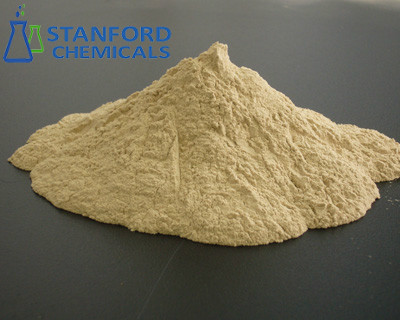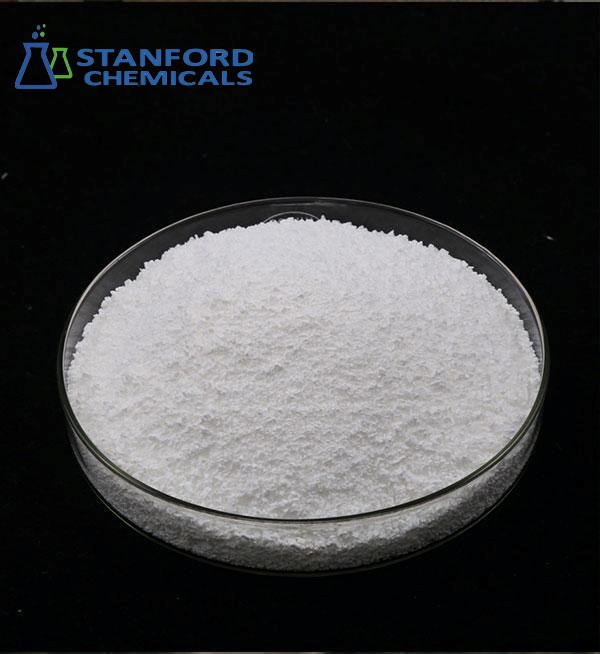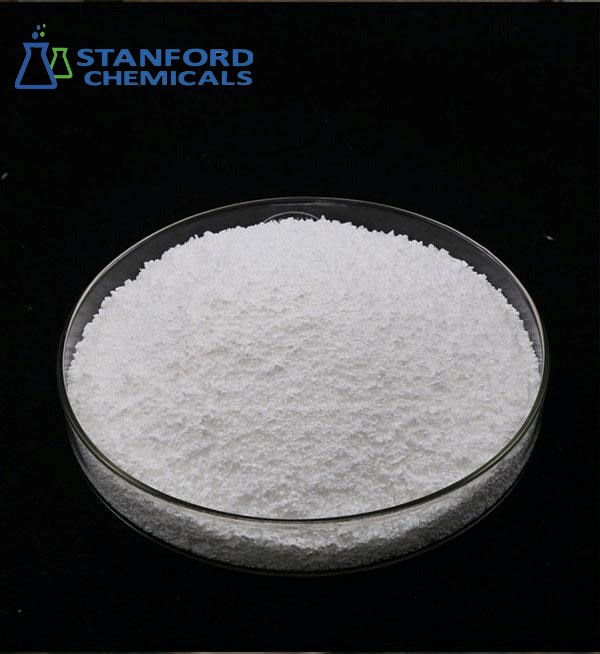Calcium Sulfate Dihydrate Powder Description
Calcium Sulfate Dihydrate (CaSO₄·2H₂O), commonly known as gypsum, is a naturally occurring inorganic compound that forms as white crystalline powder or colorless monoclinic crystals with a characteristic glassy luster. This odorless material has a density of 2.32 g/cm³ and demonstrates unique thermal properties - it begins losing water molecules at 128°C (1.5 H₂O) and completely converts to anhydrous calcium sulfate above 163°C.
The compound shows moderate solubility in cold water (0.21 g/100 mL at 20°C) but is insoluble in ethanol and most organic solvents. Its hygroscopic nature allows it to absorb atmospheric moisture, and it reacts with acids to release sulfur dioxide gas. The crystalline structure features calcium ions (Ca²⁺), sulfate groups (SO₄²⁻), and two water molecules arranged in a stable layered lattice configuration.
Key Thermal Transitions:
Calcium Sulfate Dihydrate Powder Specifications
Properties
| Property |
Value |
| CAS |
10101-41-4 |
| Molecular Formula |
CaSO₄·2H₂O |
| Calcium Sulfate Content (on a dry basis) |
≥90% |
| Loss on Drying |
≤45% |
| pH |
≥6 |
| Product Description |
White powdered crystalline |
*The above product information is based on theoretical data. For specific requirements and detailed inquiries, please contact us.
Calcium Sulfate Dihydrate Powder Applications
Calcium Sulfate Dihydrate Powder finds extensive utility across multiple industries due to its unique properties:
-
Construction: When calcined at 150-180°C, it produces hemihydrate (plaster of Paris), essential for gypsum wallboards, molds, and fire-resistant coatings, valued for its rehydration expansion and rapid setting characteristics.
-
Agriculture: Serves as an effective soil conditioner, improving sodic soil structure through calcium-sodium ion exchange.
-
Medical: High-purity grades function as osteoconductive bone void fillers in orthopedic and dental applications, offering gradual resorption and calcium release without causing inflammation.
-
Food & Pharmaceuticals: GRAS-certified as a calcium fortifier (used in tofu and cereals) and tablet excipient, preferred for its neutral taste and minimal reactivity.
-
Industrial: Used in cement setting control, as a desiccant in packaging, and as a coagulant in food production. Additional specialized uses include art conservation (fresco restoration) and pyrotechnics (as an oxidizer in white fireworks).
These diverse applications capitalize on the material's controlled solubility, non-toxic nature, and reversible dehydration properties, making it indispensable across technical and industrial sectors.
Calcium Sulfate Dihydrate Powder Packaging
Our products are packaged in customized cartons of various sizes based on the material dimensions. Small items are securely packed in PP boxes, while larger items are placed in custom wooden crates. We ensure strict adherence to packaging customization and the use of appropriate cushioning materials to provide optimal protection during transportation.
Packaging: Carton, Wooden Box, or Customized.
Calcium Sulfate Dihydrate Powder FAQs
Q1. Why is the dihydrate phase distinct from hemihydrate or anhydrite for performance-critical uses?
The dihydrate phase exhibits inherent ambient stability with minimal deliquescence. Unlike metastable hemihydrates (which quickly rehydrate), it exhibits stable crystalline form without volumetric expansion. Anhydrite types need to be activated for reactivity, whereas the retrograde solubility profile of the dihydrate enables controlled dissolution kinetics in water-based systems.
Q2. Does retrograde solubility behavior have practical significance in formulation design?
Yes, decreasing solubility with rising temperature (0.255 g/100mL at 0°C vs. 0.205 g/100mL at 100°C) necessitates temperature-control processing for suspensions or saturations. This feature prevents uncontrolled precipitation upon thermal cycles but complicates hot-process sterilization of medical composites.
Q3. What purity levels are necessary for pharmaceutical as opposed to construction-grade material?
Pharmaceutical grade requires ≤0.001% heavy metals (as Pb), ≤0.1% alkali, and microbiological checks (TAMC ≤1000 CFU/g). Building construction grade will take ≤0.3% carbonate impurities and higher crystalline silica content (≤1.5%). Any one of the pharmacopeial grades should be tested for dihydrate crystallinity by XRD (d-spacing 7.63 Å characteristic peak).


